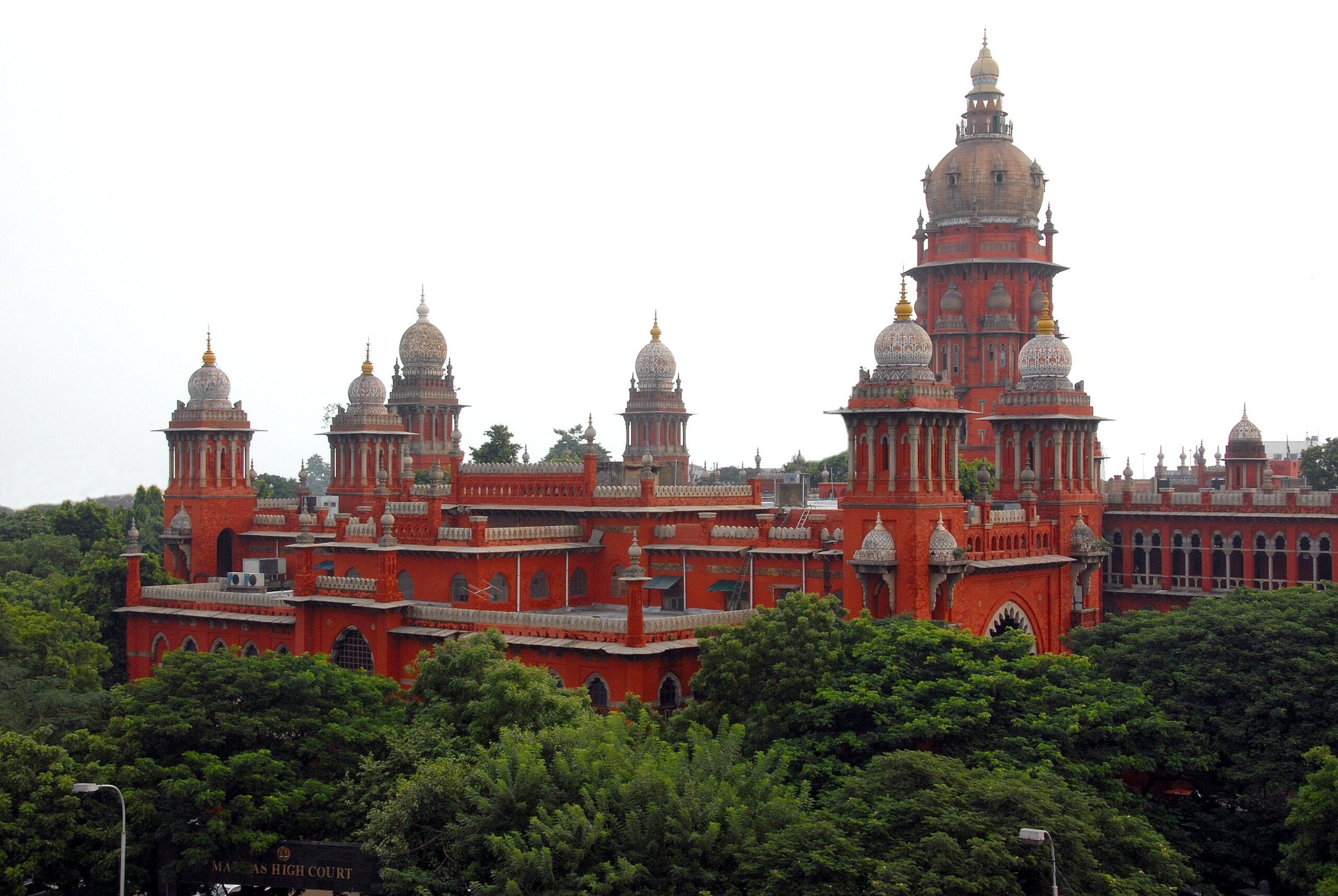Synopsis: The Court added that there are numerous ways of strengthening law and order, without the police having to imprison individuals by resorting to the powers of the Executive Magistrate under Section 122 of CrPC, 1973.
Under the CrPC, which includes provisions authorizing Executive Magistrates to exercise certain judicial powers, can deputy police commissioners be appointed as ‘Executive Magistrates’ because there is a statutory restriction on policemen from exercising ‘judicial’ powers under the District Police Act, 1859?
On this issue, Justice PN Prakash of the Madras High Court recently deliberated, recounting some detail history of the law and its purpose, before stating that under the Code of Criminal Procedure (CrPC), deputy police commissioners can not be allowed to serve as Executive Magistrates.
The execution of security bonds is covered under sections 107 to 110 of the CrPC, either in order to preserve peace (Section 107) or to maintain good conduct (Section 110). After following the due process outlined in Sections 111-119, CrPC, Executive Magistrates may issue orders to persons with or without securities to execute such bonds, depending on the reason for executing the bond.
In particular, Section 122(1)(b) of the CrPC requires Executive Magistrates to order the detention of individuals who are in violation of the terms of a bond executed for peacekeeping and without immunity.
Government orders passed by the Tamil Nadu Government in 2013 and 2014 are now in question, in which Deputy Police Commissioners in Tamil Nadu were granted the power to act as Executive Magistrates under the CrPC in different districts of the State.
Even before the enactment of the CrPC, the Commissioner of Police, Madras, had previously served as the Presidency Magistrate. Whereas the office of the Presidency Magistrate was later abolished, in 1974 (after the enactment of the CrPC, 1973) a GO issued by the State appointed Police Commissioners as Executive Magistrates under the CrPC.
The GO was passed on the basis of Section 20(5) of the 1973 CrPC, which allowed the State to confer the powers of the Executive Magistrate on the Police Commissioner in relation to the metropolitan area under any law in force for the time being. As referred to in the provision, the legislation in force was the City Police Act, 1988.
Notably, Section 7 of the City Police Act, as amended, specifies that, by virtue of his office, the Commissioner of Police shall be an Executive Magistrate.
However, Justice Prakash has now expressed concerns about whether this “right of the Khaki-clad officers to wear the cloak of an Executive Magistrate to exercise judicial powers to detain ordinary people” is valid.
Justice Prakash, on the one hand, pointed out that under the Centrally Enacted District Police Act, 1859, there is a general bar which prohibits police officers from exercising judicial powers. This bar is set out in Section 6 (Powers of Police, etc.) of the District Police Act, which reads, that no police officer so appointed shall have or exercise any judicial authority.
In cases such as Yeluchuri Venkatachennaya and Others vs. Emperor and Bibhuti Bhusan Chatterjee vs. State of Bihar, the Court further pointed out that these proceedings are of a judicial nature under Section 107, CrPC.
The Court therefore held that, where the proceedings pursuant to Sections 107 to 110 of the CrPC. The bar under Section 6 of the District Police Act, 1859, is judicial in nature, thus disentitling the Khaki personnel from exercising judicial powers.

